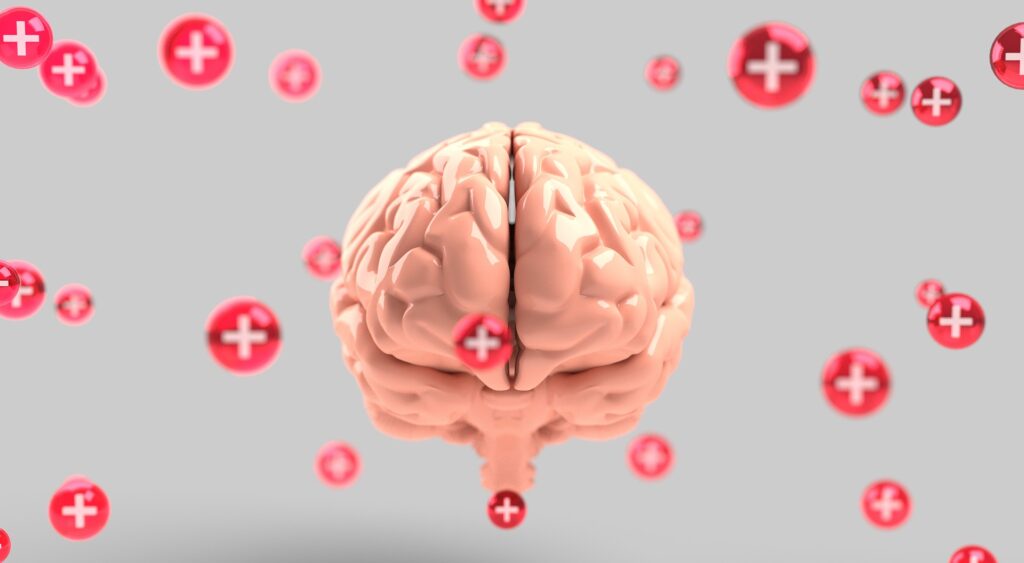Natural Detox Benefits : Unlocking Vitality
Natural Detox Benefits : Unlocking Vitality Introduction In the hustle and bustle of modern life, our bodies often bear the brunt of environmental toxins, processed foods, and stress. Natural detoxification is not just a trend but a vital aspect of maintaining good health. In this article, we’ll unravel the various benefits of natural detox and why it’s more than just a passing fad. Understanding Natural Detox Natural detox goes beyond quick fixes and fad diets. It involves adopting practices that support the body’s innate ability to eliminate toxins. Unlike artificial detox products, which often promise miracles, natural detox focuses on sustainable lifestyle changes. Health Benefits of Natural Detox Improved Energy Levels Natural detoxification processes help eliminate the buildup of toxins that can bog down your system. When your body is not working overtime to process and expel these harmful substances, it functions more efficiently. As a result, you experience a significant boost in energy levels. Many individuals who embark on natural detox journeys find that they feel more alert, focused, and invigorated throughout the day. Enhanced Immune System Toxins can compromise the immune system, making you more susceptible to illnesses and infections. By regularly engaging in natural detox practices, you support your immune system’s ability to function optimally. This means your body is better equipped to fend off pathogens, viruses, and other potential threats, leading to fewer instances of sickness and an overall stronger immune response. Clearer Skin and Enhanced Complexion The skin is often a visible reflection of what’s happening internally. Toxins in the body can manifest as skin issues such as acne, dullness, or inflammation. Natural detox remedies, particularly those involving hydration and nutrient-rich foods, contribute to clearer skin and a radiant complexion. By eliminating the impurities from within, you promote a healthy, glowing appearance externally. Balancing Hormones Naturally Toxins can disrupt the delicate balance of hormones in the body, leading to a range of issues, including mood swings, irregular menstrual cycles, and weight gain. Natural detoxification supports the liver and endocrine system, helping to restore hormonal balance. This, in turn, can positively impact mood, energy levels, and overall well-being. Optimizing Digestive Health A natural detox routine often involves incorporating foods that promote digestive health. This includes fiber-rich fruits and vegetables, probiotic-rich foods, and herbal teas that aid digestion. By supporting a healthy gut, you enhance nutrient absorption, reduce bloating, and prevent constipation, contributing to an overall improvement in digestive function. Weight Management and Detox Toxins can be stored in fat cells, and the body may hold onto excess weight as a protective mechanism. Natural detoxification, combined with a balanced diet and regular exercise, can help release these stored toxins and support weight management. This is not about extreme weight loss but rather achieving a healthy balance that is sustainable over time. Enhanced Mental Clarity The elimination of toxins from the body can have a positive impact on cognitive function. Many individuals report improved mental clarity, concentration, and focus after adopting natural detox practices. This may be attributed to the reduction of brain fog caused by the presence of toxins in the system. Reducing Inflammation Through Detox Chronic inflammation is linked to various health issues, including heart disease, diabetes, and arthritis. Many natural detox remedies, such as anti-inflammatory foods and herbal teas, possess properties that help reduce inflammation in the body. By mitigating inflammation, you contribute to the prevention of chronic diseases and promote overall longevity. Long-Term Benefits and Preventive Health Consistent engagement in natural detox practices isn’t just about short-term benefits; it’s an investment in your long-term health. By reducing the burden of toxins on your organs and systems, you contribute to the prevention of chronic diseases, support longevity, and promote an overall higher quality of life. Incorporating Detox into Daily Life Conclusion In conclusion, the benefits of natural detox extend far beyond a temporary cleanse. From increased energy to long-term preventive health, incorporating these practices into your lifestyle can lead to transformative results. Remember, it’s not about perfection but about making conscious choices for your well-being. FAQs



